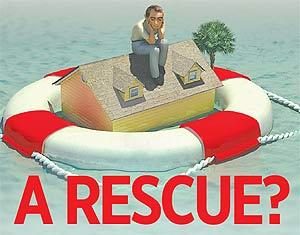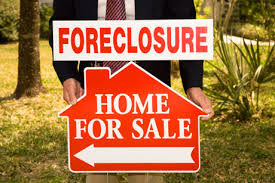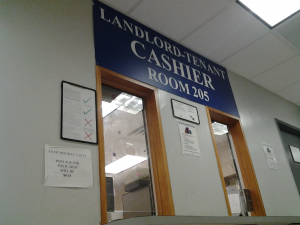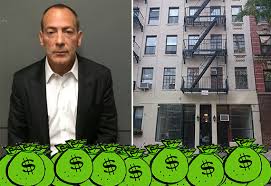 The timing of death is never particularly welcome. Some families are prepared, in that the deceased was elderly, maybe ill, and living in a nursing home. Perhaps such a person also had the foresight to have their attorney prepare her Will and other estate documents. Others may pass away at a relatively young age, in the prime of life, with ongoing financial and personal activities. This post will examine the legal ramifications of passing away while a legal matter is pending.
The timing of death is never particularly welcome. Some families are prepared, in that the deceased was elderly, maybe ill, and living in a nursing home. Perhaps such a person also had the foresight to have their attorney prepare her Will and other estate documents. Others may pass away at a relatively young age, in the prime of life, with ongoing financial and personal activities. This post will examine the legal ramifications of passing away while a legal matter is pending.
Imagine that the deceased was a party to a contract concerning the sale of a house which has not yet closed. The first step that the survivors would need to undertake is to review the contract and determine if it addresses the potential death of one of the parties before the closing. In most cases, the seller is bound to the terms of the contract through her successors. This means that the survivors cannot decide to nullify the contract and move into the house. However, the seller is not available to conclude the transaction. The attorney for the seller would need to apply to the Surrogate’s Court to apply for Letters Testamentary or Letters of Administration , which appoints the appropriate fiduciary to act for the Estate in order to complete the closing. Should circumstances warrant, it may be prudent to apply for Preliminary Letters Testamentary or Preliminary Letters of Administration, to permit the sale to conclude if it is jeopardized by a continued delay.
If the deceased was the potential purchaser of the house, the contract is likely to allow the purchaser’s survivors to cancel the contract. This is a logical result, as the transaction is inherently dependent upon the purchaser maintaining a job in order to pay the mortgage and other carrying costs of the house. Forcing this transaction to conclusion is a cruel result. In most cases, the downpayment is refundable. However, some contracts only provide that half or none of the downpayment would be refunded. It is advisable to have your attorney negotiate a favorable disposition for the downpayment in this instance when representing a purchaser, even if he is a young person.
 New York Real Estate Lawyers Blog
New York Real Estate Lawyers Blog








